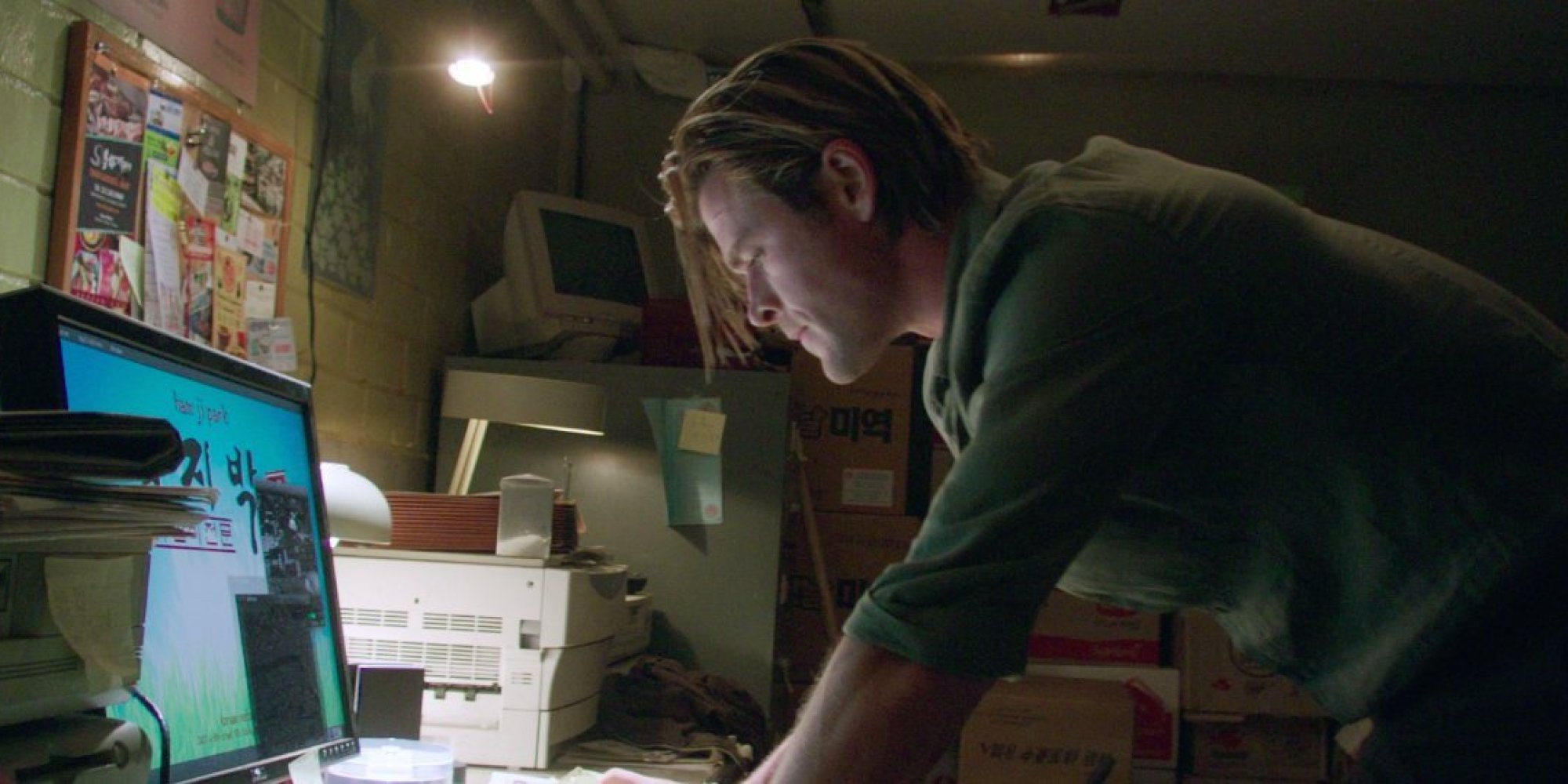Based
on a series of dirty books that author E.L. James adapted from her online,
“Twilight” fan-fiction, this film follows the early stages in the prickly
romance between Anastasia Steele (Dakota Johnson) and Christian Grey (Jamie
Dornan). After Ana gets an opportunity
to interview the billionaire executive, the two enter into a sordid love affair.
With only a minimal flirtatious period, the virginal college grad gives herself
up completely to the domineering yuppie. As Ana learns more about his secret
desires for bondage and sadomasochism she does what she can to break through
his icy exterior to establish something other than a physical connection, but
due to Christian’s abusive past, he is unable to let himself be vulnerable.
Despite
some good lighting and distinguished cinematography, this movie doesn't have
enough story or narrative stamina to maintain a natural rhythm. There are far
too many repetitive scenes between Dornan and Johnson where the two argue about
their fundamental incompatibilities as sexual and romantic partners. Tension
only derives from fact that even when Ana tries to make her own healthy
decisions to stay away from the situation, Grey continually follows her and
draws her back into his emotional mess. Whatever it is that is supposed to be
sexy about this kind of manipulation is completely lost on me.
There’s
also the unsavory wealth-worship and patriarchal fetishizing that underlines
this couple’s unhealthy union. While Ana works part time at a hardware store to
make ends meet, Grey has his name on just about everything he owns, including
his building, his private helicopter and his office supplies. When Ana asks what it is that she can have if
she participates in his domination role-playing—keep in mind this is supposed
to be her first sexual relationship—Grey responds with “you get me.” Of course,
when this doesn't sound as appealing as he had hoped and she understandably
bolts, he then buys her a new computer and a car to ensure her hesitant
submission. Yuck.
Yes,
there’s a lot of sex in this movie and though it’s all shot in careful
angles, close-ups, and montages, the frankness of these scenes is somewhat
refreshing to see in a wide-release mainstream film, given Hollywood’s current
trend towards safe, neutered, and relatively inoffensive cinema. Nevertheless,
the story's lack of compelling conflict, the borderline abusive nature of this central
relationship and the movie’s backwards sexual-politics spoils whatever
titillation is supposed to be had.Grade: D-
Originally published in the Idaho State Journal/Feb-2015



